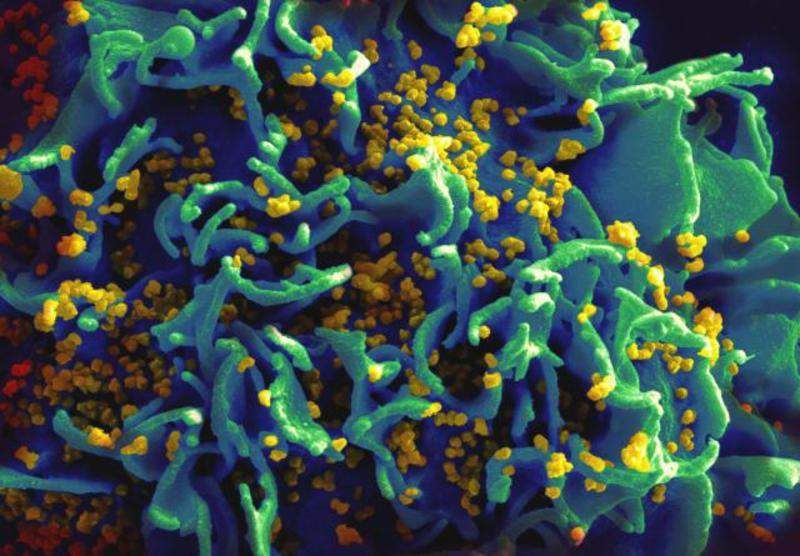
Gilead Sciences has launched a ten-year, $100m initiative, Commitment to Partnership in Addressing HIV/AIDS in Southern States (COMPASS), to address the HIV/AIDS epidemic in the US.
The firm plans to collaborate with Emory University Rollins School of Public Health, the University of Houston Graduate College of Social Work and the Southern AIDS Coalition to lead COMPASS’ corporate giving programme.

Discover B2B Marketing That Performs
Combine business intelligence and editorial excellence to reach engaged professionals across 36 leading media platforms.
With a focus on capacity building, knowledge sharing, mental health and trauma-informed care, and educational campaigns, the centres will identify and provide funding to local organisations.
Gilead Sciences Corporate and Medical Affairs executive vice-president Gregg Alton said: “HIV/AIDS remains an urgent public health crisis in the US and this is particularly apparent in the Southern states where rates of new infection rival those seen in the 1980s.
“In some communities, those rates are actually rising – a chilling reminder that the epidemic is far from a thing of the past.
“We recognise a collaborative effort is needed and we are very pleased to partner with local organisations that are uniquely positioned to address the epidemic on the ground.”

US Tariffs are shifting - will you react or anticipate?
Don’t let policy changes catch you off guard. Stay proactive with real-time data and expert analysis.
By GlobalDataThe firm’s corporate giving programme focuses on minimising disparities, providing access, enhancing education and supporting local communities.
Through the initiative, Gilead intends to boost the reach of the organisations involved in addressing the HIV/AIDS epidemic and improving patient lives.
Based in California, the firm discovers, develops and commercialises new medicines for areas of unmet medical need and life-threatening diseases.




